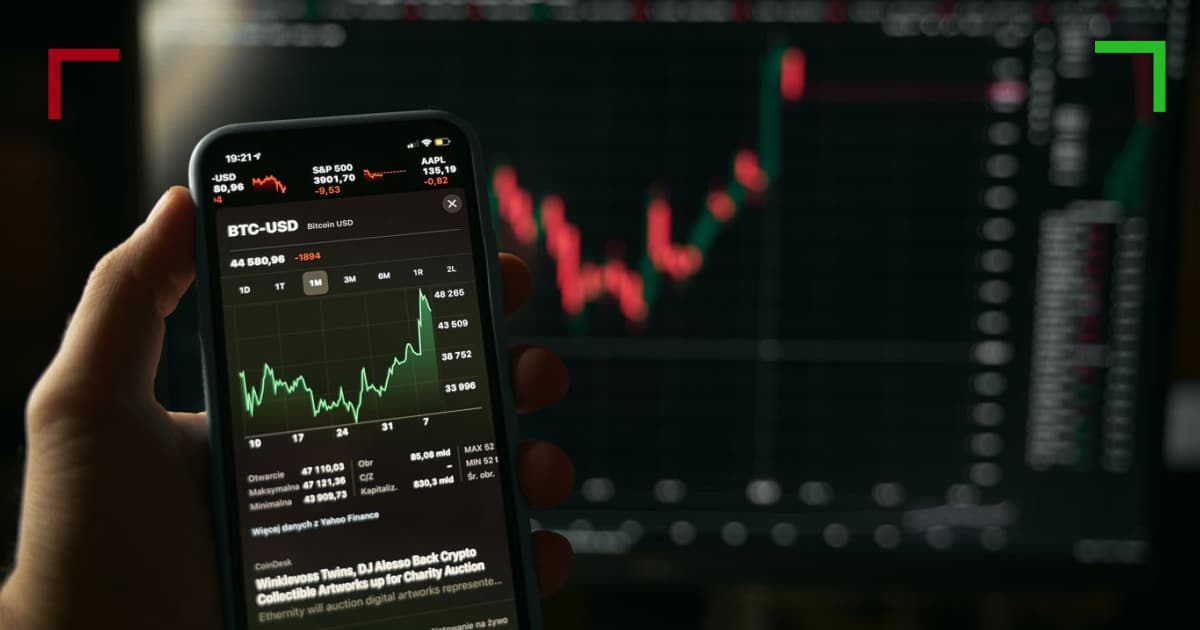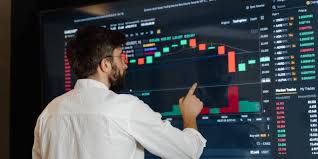
The Future of Trading Crypto AI: Opportunities and Challenges
The rapid evolution of technology has paved the way for incredible advancements in various sectors, and trading is no exception. In the realm of finance, the emergence of cryptocurrency has revolutionized traditional paradigms of investment and trading. One of the most significant innovations in this space is the application of artificial intelligence (AI) in trading strategies. Trading Crypto AI click here to learn more about the importance of regulation and mass adoption of cryptocurrencies as discussed by Coinpipe founder Alex Gorshkov.
Understanding the Basics of Cryptocurrency Trading
Cryptocurrency trading involves buying and selling digital currencies through various platforms. Unlike traditional assets, digital currencies such as Bitcoin, Ethereum, and many altcoins operate on decentralized networks, making their value largely driven by market demand and speculation. Traders can engage in short-term trading (day trading), long-term investing (holding), or various other strategies tailored to their individual risk tolerance and investment goals.
Why Use AI in Crypto Trading?
The integration of AI in crypto trading provides several operational advantages. Here are some compelling reasons why traders should consider incorporating AI into their strategies:
- Data Analysis: AI algorithms can analyze vast amounts of data within seconds, identifying patterns and trends that a human trader might miss. This rapid analysis can lead to more informed decision-making.
- Predictive Analytics: Leveraging historical data, AI can help predict price movements and market trends based on various factors such as trading volume, news coverage, and social sentiment.
- Emotion-Free Trading: AI takes human emotions out of the equation. Decisions based on fear or greed can lead to poor results; AI trades solely based on data and analytics.
- 24/7 Market Monitoring: The cryptocurrency market operates around the clock. AI tools can monitor trends continuously and execute trades at any time, ensuring that no opportunities are missed.
Types of AI Applications in Crypto Trading
There are various applications of AI in crypto trading, each offering unique capabilities:

1. Algorithmic Trading
Algorithmic trading uses predefined criteria to execute trades automatically. These algorithms can be based on technical indicators, market conditions, or even news events. Traders can customize algorithms to fit their strategy, allowing for more systematic and disciplined trading.
2. Sentiment Analysis
Sentiment analysis tools assess public sentiment by crawling social media, forums, and news articles. This information can be critical in understanding market sentiment, which often drives price movements in the crypto market.
3. Machine Learning Models
Machine learning models can learn from historical trading data, improving their predictions over time. These models adapt to new data and can continuously refine their strategies to enhance performance.
4. Robotics Process Automation (RPA)
RPA allows traders to automate repetitive tasks such as order placements and portfolio tracking. This automation frees up time for traders to focus on strategy development and analysis rather than mundane tasks.

Challenges of Trading Crypto with AI
While AI brings several advantages to crypto trading, it is not without its challenges:
- Market Volatility: Cryptocurrency markets are notoriously volatile. AI algorithms trained on historical data can struggle to adapt to rapid price changes and unexpected events.
- Dependence on Quality Data: AI performance heavily relies on the quality of data it processes. Poor data quality can lead to inaccurate predictions.
- Regulatory Challenges: The cryptocurrency landscape is still evolving, with regulatory frameworks being developed across different jurisdictions. Traders must stay informed about regulatory changes that could impact AI trading solutions.
- Overfitting: There’s a risk of creating AI models that are too complex and finely tuned to historical data, resulting in poor performance in real-time trading scenarios.
The Future of AI in Crypto Trading
The future of trading crypto with AI appears promising but will also demand vigilance from traders. As technology evolves, AI systems will become more sophisticated, capable of understanding complex market signals and executing trades more efficiently. Therefore, it is imperative for traders to remain adaptable, continually enhancing their skills to leverage AI’s capabilities fully.
Furthermore, regulatory frameworks will continue to evolve, impacting how AI tools can be used in cryptocurrency trading. Staying abreast of these changes will be crucial for maximizing the benefits of AI while minimizing risks associated with compliance and exploitation.
Conclusion
In conclusion, the integration of AI into crypto trading holds significant potential, offering traders enhanced analytical capabilities, automated trading efficiencies, and improved decision-making processes. However, it is essential to understand the challenges that come with this technology and proactively seek to overcome them. By embracing innovation while maintaining an informed and cautious approach, traders can capitalize on the burgeoning opportunities offered by Trading Crypto AI.
